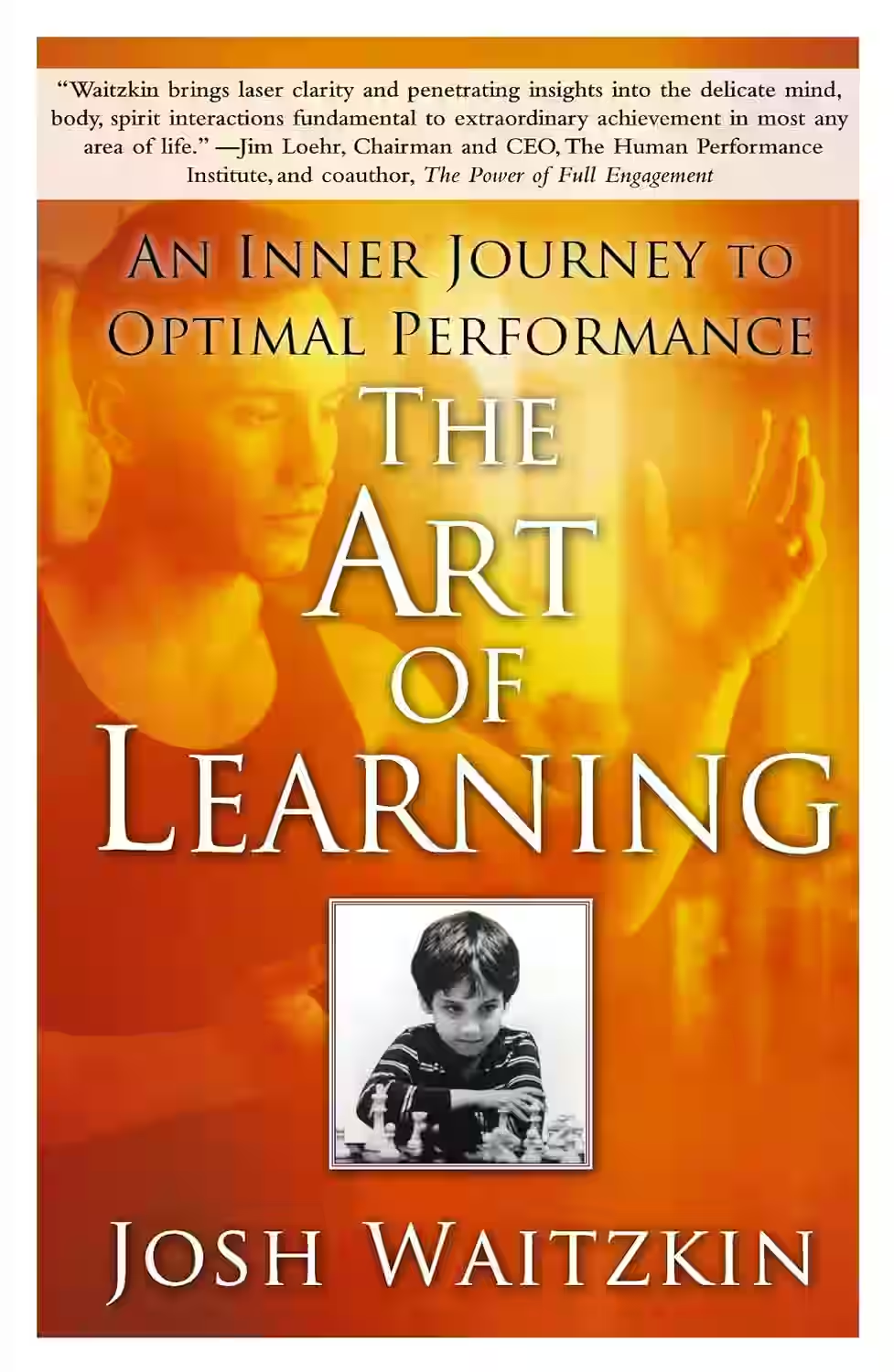
In The Art of Learning, chess prodigy and martial arts champion Josh Waitzkin shares his journey of mastering two disciplines to reveal universal principles of performance and personal growth. Blending autobiography with actionable insights, he discusses focus, resilience, and the psychology of peak performance. Waitzkin emphasizes the importance of incremental progress, embracing adversity, and turning setbacks into growth. His philosophy integrates Eastern and Western approaches to learning and competition. Whether applied to sports, business, or creative pursuits, The Art of Learning is a compelling guide to developing mastery through mindfulness, self-awareness, and continuous refinement of one’s process.
About Josh Waitzkin
Josh Waitzkin is an American chess prodigy, martial arts champion, and author known for his deep exploration of performance, learning, and mastery. He was the inspiration for the film Searching for Bobby Fischer and later became a world champion in Tai Chi Push Hands. In The Art of Learning, Waitzkin draws from both disciplines to offer a holistic approach to personal growth, emphasizing focus, adaptability, and self-awareness. His philosophy blends Eastern and Western traditions, stressing incremental progress and inner resilience. Waitzkin now coaches elite performers and executives, helping them cultivate mental clarity and excel in high-stakes environments.
Similar Books
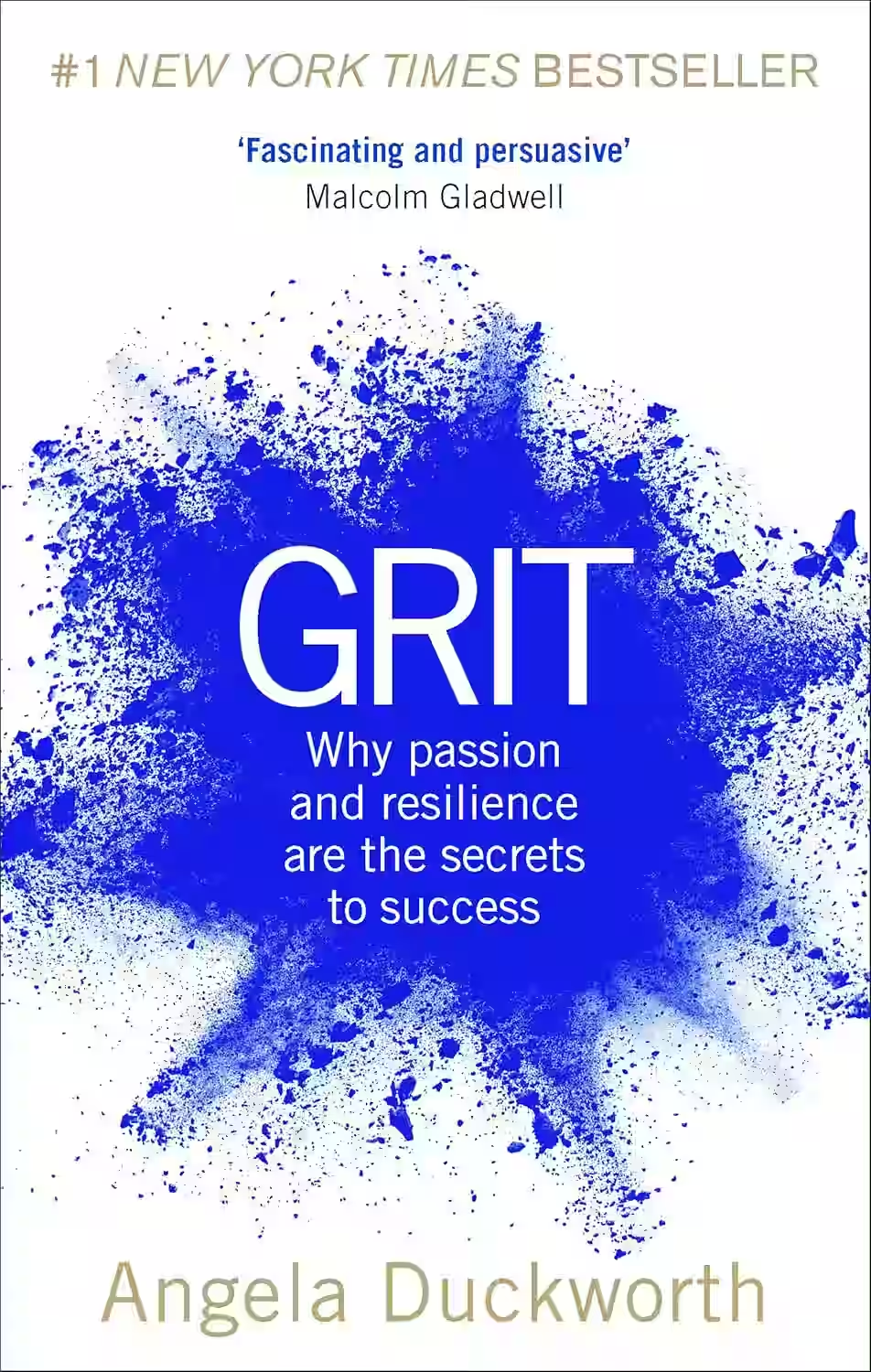
Grit
In Grit, psychologist Angela Duckworth explores why talent alone doesn’t predict success—grit does. Based on her research, Duckworth argues that sustained passion and persistent effort matter more than innate ability. She shares stories of high achievers from diverse fields, showing how resilience, long-term focus, and consistent hard work lead to exceptional outcomes. The book combines personal anecdotes, scientific studies, and practical strategies to help readers develop grit in their own lives. Duckworth’s insights challenge the myth of overnight success and inspire readers to pursue their goals with tenacity, regardless of obstacles or setbacks.
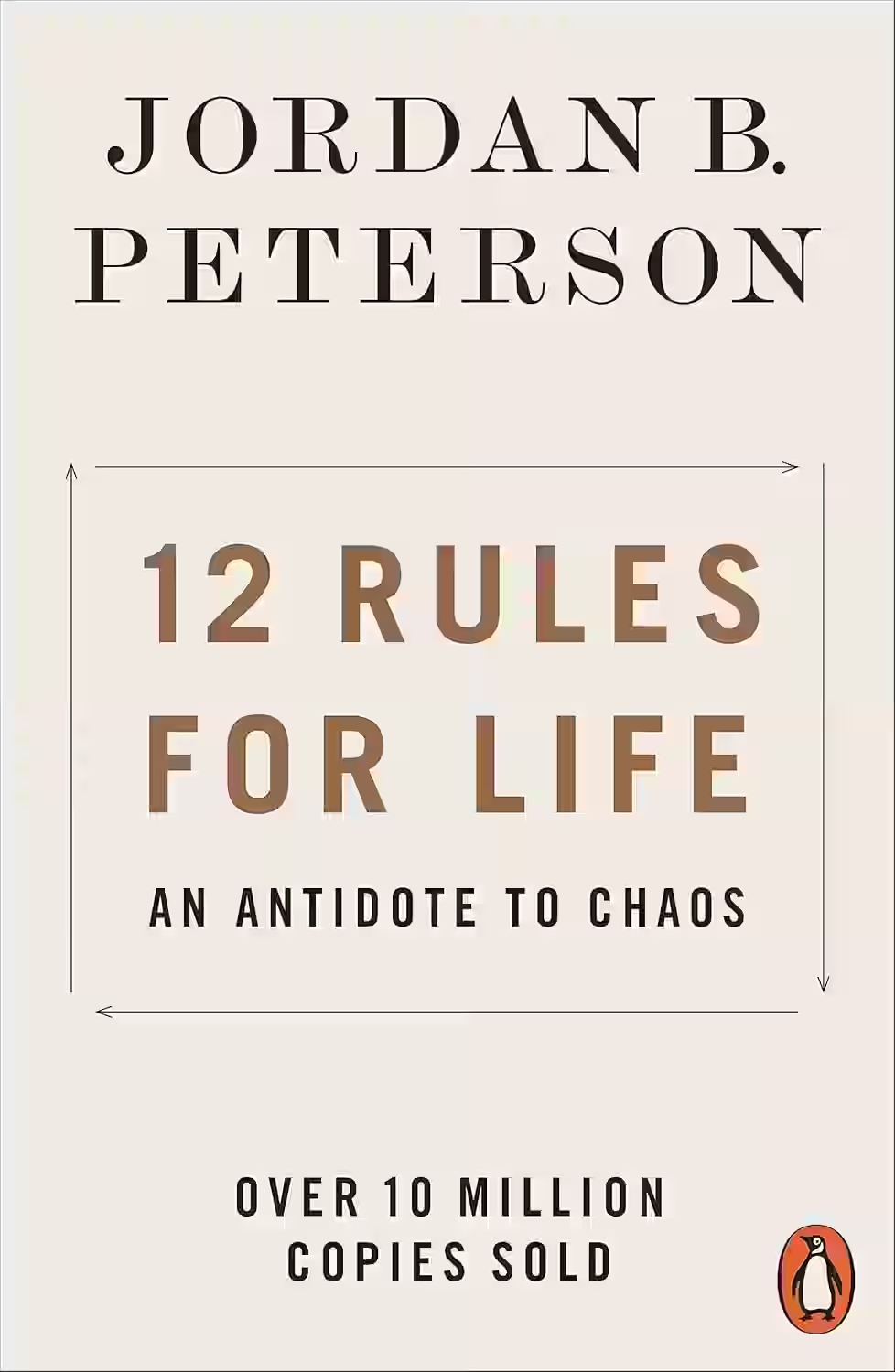
12 Rules for Life
In 12 Rules for Life, clinical psychologist Jordan B. Peterson presents life principles aimed at navigating chaos with order and purpose. Drawing from psychology, mythology, religion, and personal anecdotes, he discusses topics like personal responsibility, discipline, truth-telling, and meaning. Each chapter focuses on a distinct rule—such as “Stand up straight with your shoulders back” or “Pet a cat when you encounter one on the street.” Provocative and deeply philosophical, the book encourages readers to confront suffering and create order in their lives.
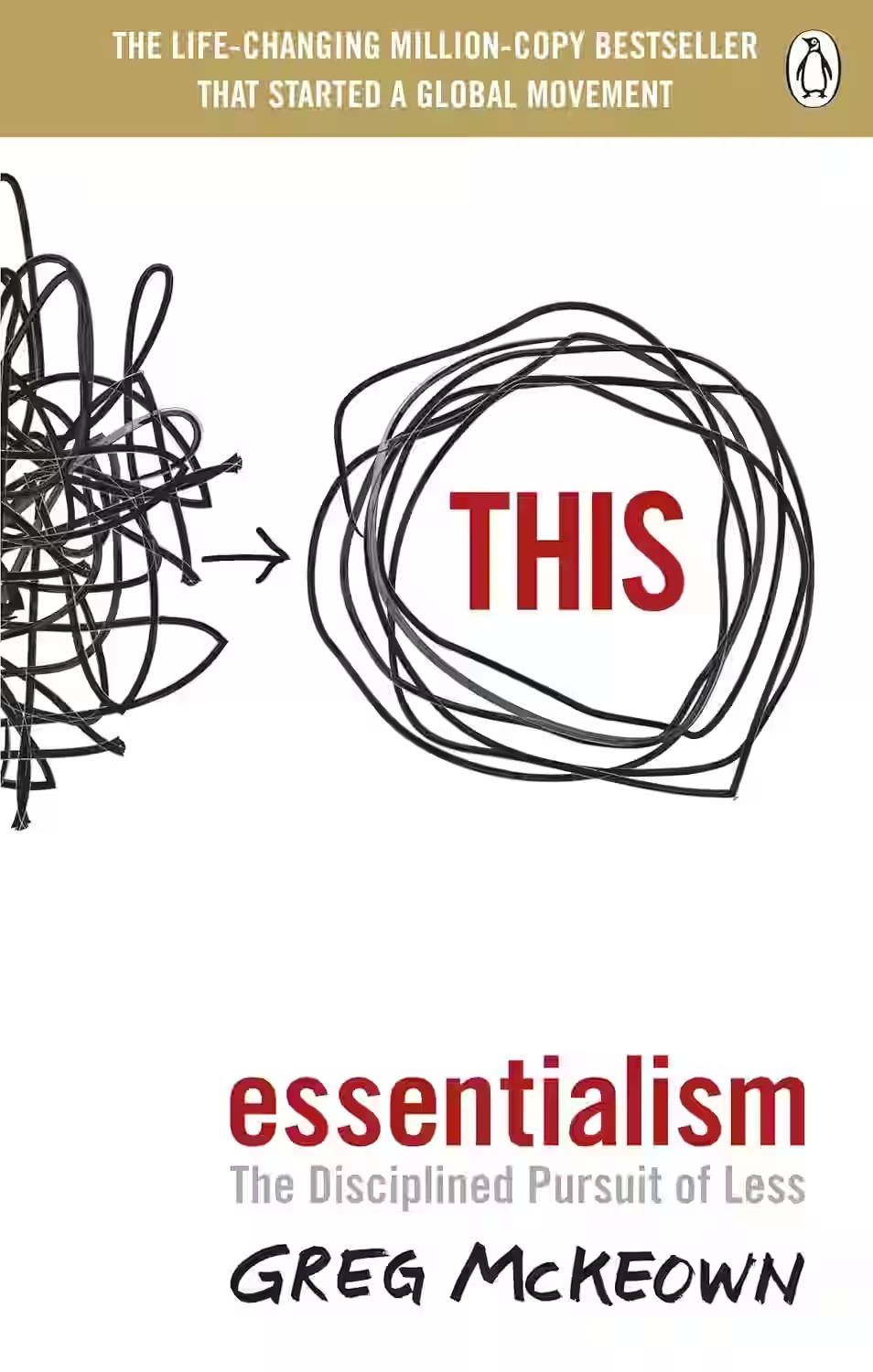
Essentialism: The Disciplined Pursuit of Less
by Greg McKeown
Essentialism is a manifesto for simplicity in an increasingly busy world. Greg McKeown advocates for doing less, but better—focusing only on what is truly important. He challenges the idea that we must do everything and instead teaches readers how to identify their highest priorities, eliminate non-essential tasks, and reclaim control of their time and energy. With practical tips and clear frameworks, the book empowers readers to make deliberate choices, say no more often, and live with intention. Essentialism is about creating space for what really matters—professionally and personally—by embracing the power of focus and clarity.
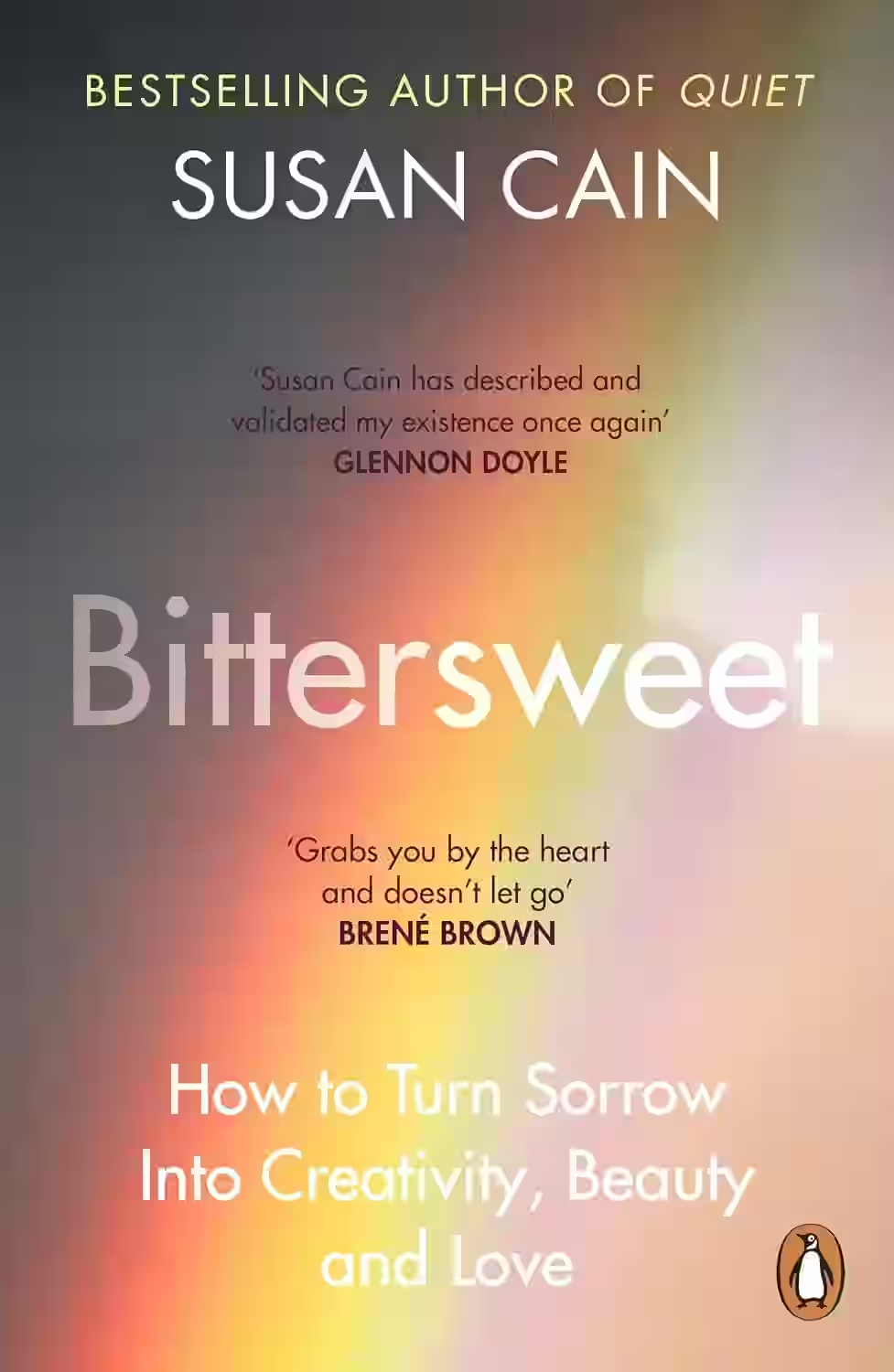
Bittersweet
by Susan Cain
In Bittersweet, Susan Cain examines the power of embracing sorrow and longing as essential aspects of the human experience. She argues that acknowledging and accepting these emotions can lead to greater creativity, connection, and fulfillment. Drawing on research and personal anecdotes, Cain challenges the cultural emphasis on constant positivity, advocating for a more nuanced understanding of happiness. The book offers a compelling perspective on the value of melancholy and its role in leading a meaningful life.